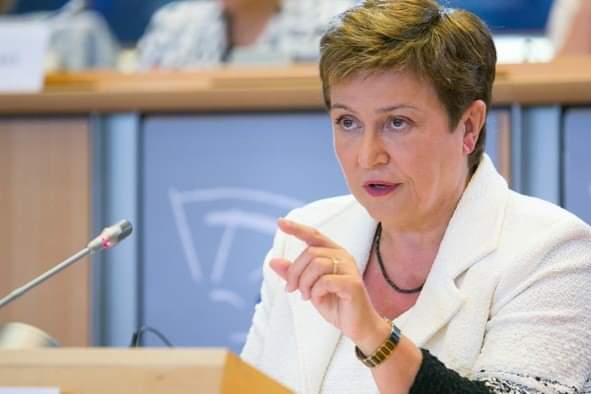- ASRY Awarded 2024 RoSPA Gold Medal in Health and Safety
- BP ponders shifting focus away from renewables, say sources
- QatarEnergy enters 10-year naphtha supply agreement with Japan’s ENEOS Corporation
- The International Energy Agency expects oil demand growth to slow in 2024
- The International Monetary Fund re-selects Kristalina Georgieva as its director
- Libya to target producing 1.4 million b/d by end 2024
- TotalEnergies launches the Marsa LNG project and deploys it multi-energy strategy in Oman
- H.E. Minister Al-Kaabi: Demand for oil and gas will continue for long; we have to be responsible, and Qatar is doing its part
- Egypt to stop exporting LNG starting from the beginning of May 2024
- QatarEnergy selects Nakilat to own and operate 25 conventional LNG vessels

The International Monetary Fund mission commends financial reforms in Iraq

Iraq is currently facing many difficulties in financing public expenditures, domestic and foreign payments, including wages and pensions due to the circumstances surrounding the Covid-19 pandemic and the resulting decline in oil demand, and consequently the decline in its prices and revenues.
The government of Iraq adopts the implementation of a package of important financial reforms, and the International Monetary Fund mission in charge of Iraq praised the efforts of the Iraqi Council of Ministers and its approval of the draft budget law for the fiscal year 2021, which includes the implementation of important financial reforms.
Despite the difficulty of implementing these reforms, in addition to the recently announced exchange rate reduction, they constitute critical steps to help reduce major imbalances in the general budget and the external balance of payments to ensure stability for the Iraqi economy.
The IMF mission statement stated that while the Iraqi authorities are working to alleviate direct financial tensions, especially on the poor classes, the plan they have drawn up for the short term should be followed by subsequent steps that include deeper structural reforms in order to strengthen the resilience of the economy, and expand reconstruction and social spending, laying the foundation for higher growth that provides more job and project opportunities for all groups.










